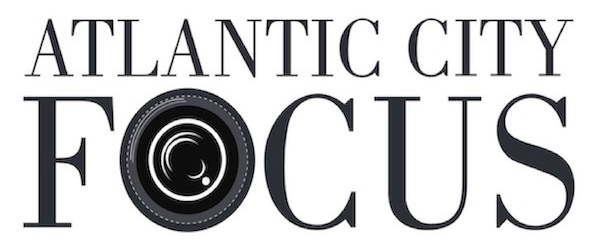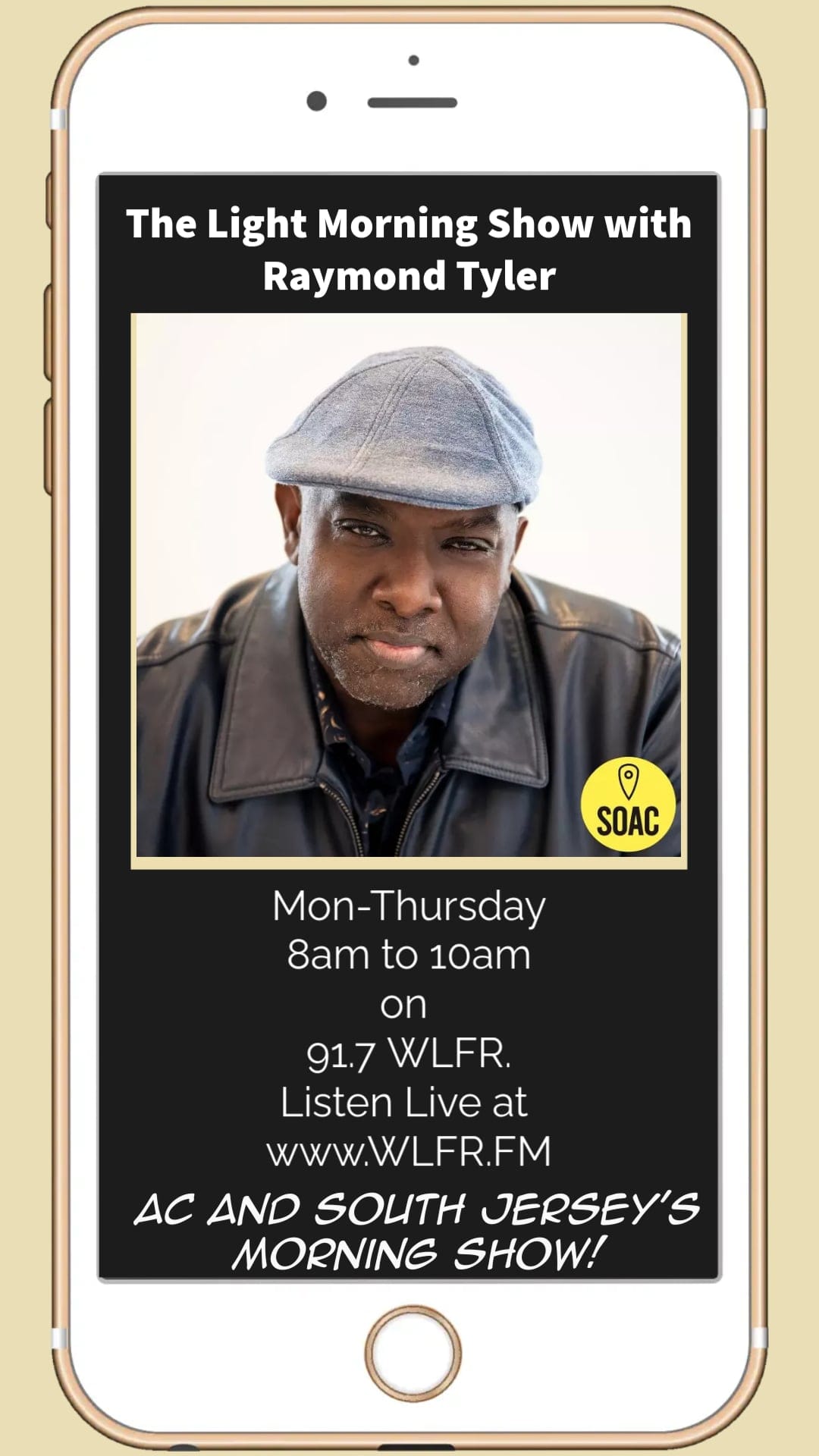From Fake News to Deep Fakes: Why Misinformation Is a Global Threat
The spread of information has increased so much that misinformation and disinformation could be as dangerous to the community as drugs and violence.

(The views and opinions expressed here are those of the author and do not necessarily reflect the official policy or position of Atlantic City Focus. Any commentary content provided by our editors or authors are of their opinion and are not intended to malign any religion, ethnic group, club, organization, company, individual or anyone or anything.)

The year 2024 brings with it some extremely unique challenges. With political unrest taking over college campuses, the election of officials in more than 50 countries, and the spread of information happening at a pace never seen before, there is something we need to be aware of: During Donald Trump's election, "fake news" became almost synonymous with his name, describing untrue announcements about himself and his political interests. What’s interesting is that the spread of information has increased so much that misinformation and disinformation could be as dangerous to the community as drugs and violence.
The Difference Between Misinformation vs. Disinformation
We first have to understand the difference between misinformation and disinformation. The American Psychological Association (APA) defines misinformation as false or inaccurate information—getting the facts wrong. Disinformation is false information deliberately intended to mislead—intentionally misstating the facts. Both boil down to two important components: communication and intention. Misinformation could happen quickly and with no ill intent. In the hours after a breaking news event, many may draw conclusions or share information without having a direct and sustained view of what happened. Disinformation is just as harmful, with the only difference being the intent of the communication, to deceive. According to the APA, “The spread of misinformation and disinformation has affected our ability to improve public health, address climate change, maintain a stable democracy, and more.” We can try our best to combat the spread of false information. However, there are some valuable insights into how and why we are likely to believe misinformation and disinformation in the first place that can help inform how we protect ourselves against its ill effects.
Photo Credit: Pexels
Where Are Some Possible Places Where This Comes From?
Social media and digital news are where most of us get our info, but they're like wild jungles—filled with truths, lies, and everything in between. The World Health Organization even calls it an "infodemic," a flood of misinformation that spreads faster than wildfire. And these platforms? They're designed to show you what you already like, trapping you in a bubble of your own beliefs. The rise of social media and digital platforms has blurred the lines between fact and fiction. The constant barrage of information, ranging from truths to outright falsehoods, makes discerning the authentic from the deceitful an uphill battle. What’s important to note about receiving information from social media is that the platform is designed to show you what you are already interested in and confirm your previously held beliefs. By its nature, you are rarely provided with legitimate arguments against your predetermined viewpoint. This cycle not only keeps you from having an open mind but it actively contributes to isolating you into a particular viewpoint. Many believe this problem was exaggerated after the COVID-19 pandemic.
As we begin to enter a world where AI and deep fakes can make anything look real, along with the mistrust the general public has with media outlets, we may be setting ourselves up for a losing battle with the truth. The technology used to manufacture propaganda has improved. Advances in artificial intelligence, from chatbots to audio and video generators, have made easy-to-use media manipulation tools available to the public. Rapid publication and peer-to-peer sharing allow ordinary users to distribute information quickly to large audiences, so it can only be policed after, if at all.
What Makes Us More Likely to Believe Misinformation?
Research suggests that detecting false information is difficult. When we encounter new information, we tend to focus on understanding it and deciding what to do next, rather than evaluating it for accuracy. It takes effort to compare new information with what we already know; when new information is false but plausible, we can learn it as fact. People are more likely to believe misinformation if it comes from in-group sources rather than out-group ones, or if they judge the source as credible. The emotional content of misinformation plays a role as well: People are more likely to believe false statements that appeal to emotions such as fear and outrage. Finally, people are more likely to believe repeated information, even when it contradicts their prior knowledge. Educational attainment, analytical reasoning, and numeracy skills can increase resistance to misinformation, while anxiety increases a person’s likelihood of believing it.
Summary/Closing
So, what can we do? It's time to become truth detectives! Don't swallow everything you're told—ask questions, check the facts, and think critically. In a world where lies are flying left and right, being a skeptic might just save the day. As we confront the challenges of the information age, let us heed the lessons of the past and fortify ourselves against the onslaught of falsehoods. In a landscape where truth is a precious commodity, it's imperative that we remain vigilant, questioning the stories we encounter and challenging the narratives that seek to manipulate us. By arming ourselves with skepticism and critical thinking, we can chart a course towards a future where truth triumphs over deception, and informed citizenry prevails.
(This story was produced as part of the Center for Cooperative Media at Montclair State University's South Jersey Information Equity Project fellowship and supported with funding from the Independence Public Media Foundation, the Geraldine R. Dodge Foundation, and the NJ Civic Information Consortium.)
Thanks for reading the whole story!
At Atlantic City Focus, we're committed to providing a platform where the diverse voices of our community can be heard, respected, and celebrated. As an independent online news platform, we rely on a unique mix of affordable advertising and the support of readers like you to continue delivering quality, community journalism that matters. Please support the businesses and organizations that support us by clicking on their ads. And by donating today, you become a catalyst for change helping to amplify the authentic voices that might otherwise go unheard. And every contribution is greatly appreciated. Join us in making a difference—one uplifting story at a time!




